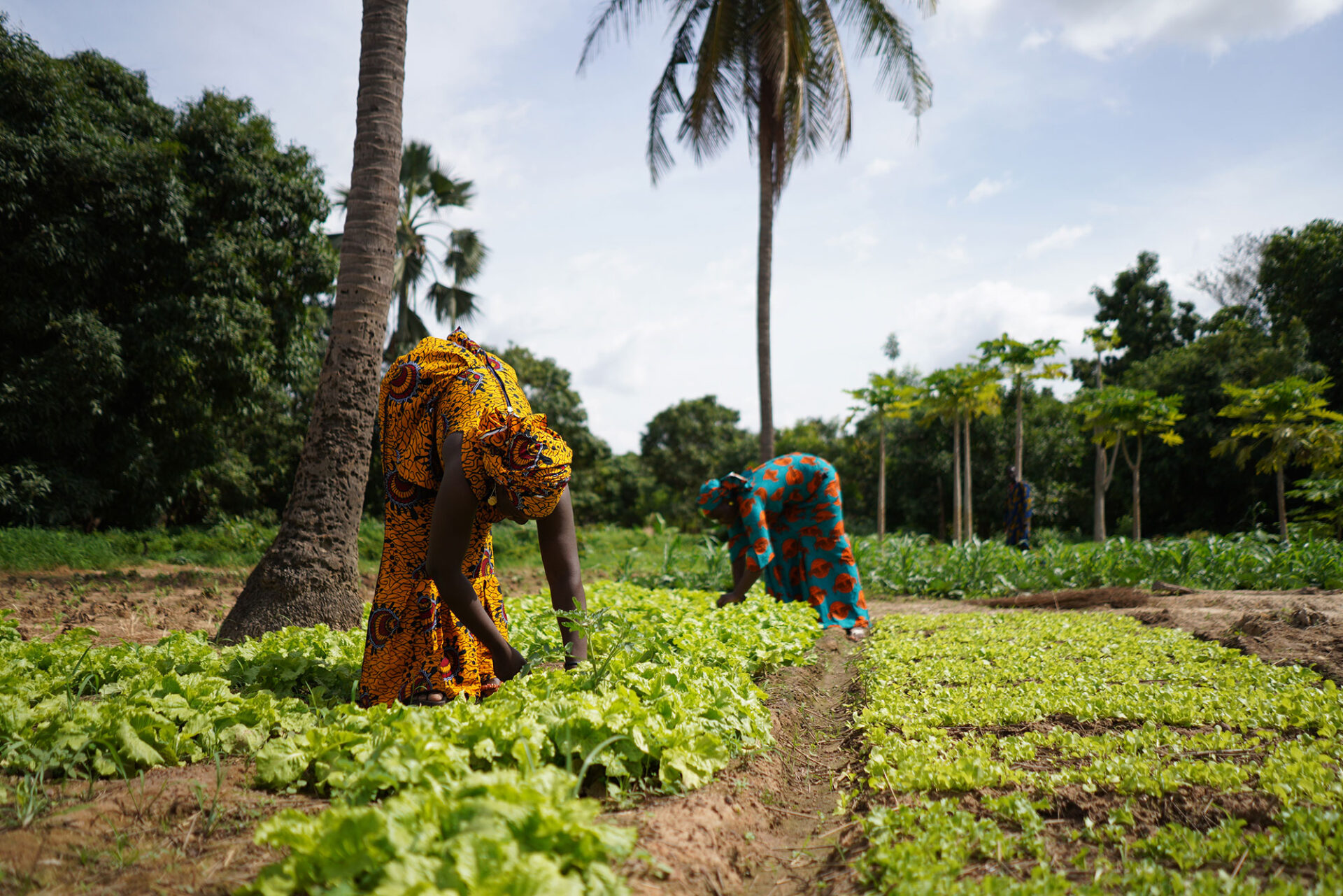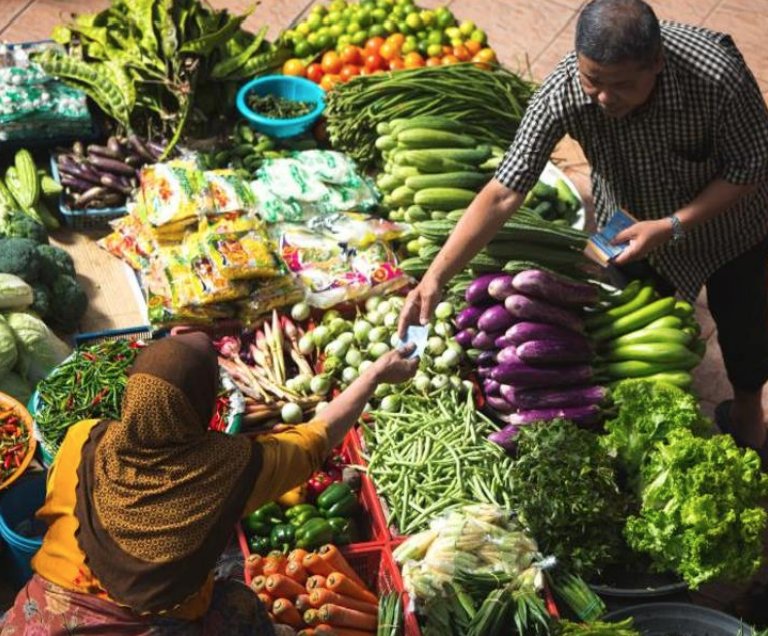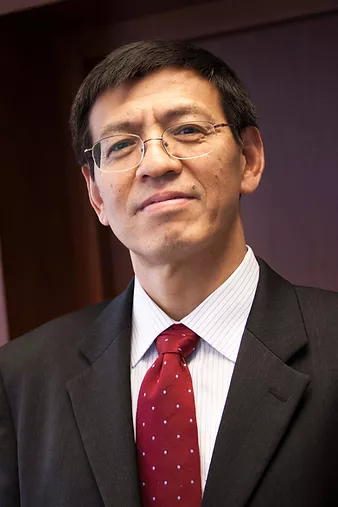By Franziska Gaupp
If the global community wants to meet the Sustainable Development Goals (SDGs) and the goals of the Paris Agreement, more attention needs to be paid to the food system and its impacts on environment, health and inclusion. Despite the vast number of scientific studies about the impacts of the food system on global emissions, the environment, health and other socio-economic variables, the food system is not yet in the focus of policy-making in the global transformation debate. In our latest publication in Nature Food, we propose a Food System Transformation Framework that aligns integrated food system development pathways (FSDPs) with policy analysis and political economy considerations.
FSDPs are coherent pathways towards a 1.5°C compatible, healthy and inclusive future that elicit the biophysical, technological and economic feasibility of a food system transformation towards specific objectives. FSDPs can be broken down into concrete measures that help close the gap between a sustainable future and a ‘business-as-usual’ scenario, e.g., shifts to healthy diets, income growth for the poor or technological changes. For the different measures, policy bundles are identified that lead to the desired level of change, taking specific biophysical and socio-economic constraints into account. In addition, the framework encompasses policy implementation constraints (such as the unaffordability of food for poorer households after the introduction of carbon taxes). Those constraints are then carefully analyzed from a political economy perspective. FSDPs provide a starting point for policy debates and discussions about trade-offs and synergies between different measures, making sure that all three objectives—inclusion, the environment and health—are taken into account to prevent adverse side-effects. By linking long-term goals with short-term measures and policies, the framework illustrates a range of plausible pathways towards food system transformation.
For FSEC, the publication and our framework form an important basis for the diverse, ongoing research activities. Starting as a conceptual construct, the framework will be filled with concrete examples and analyses over the next nine months. It guides FSEC’s work and will help us to synthesize our work for the final report, to be published in 2023.






